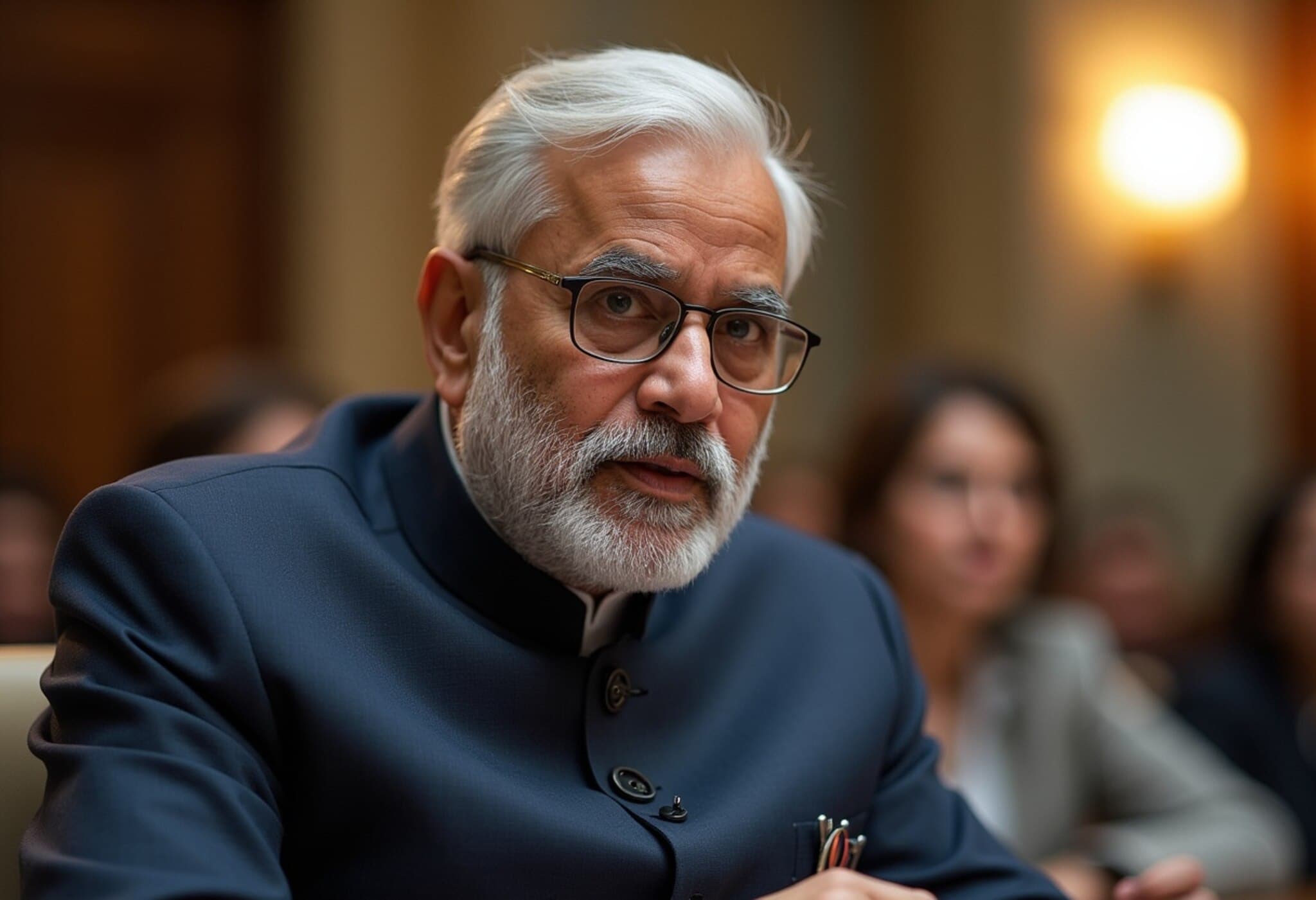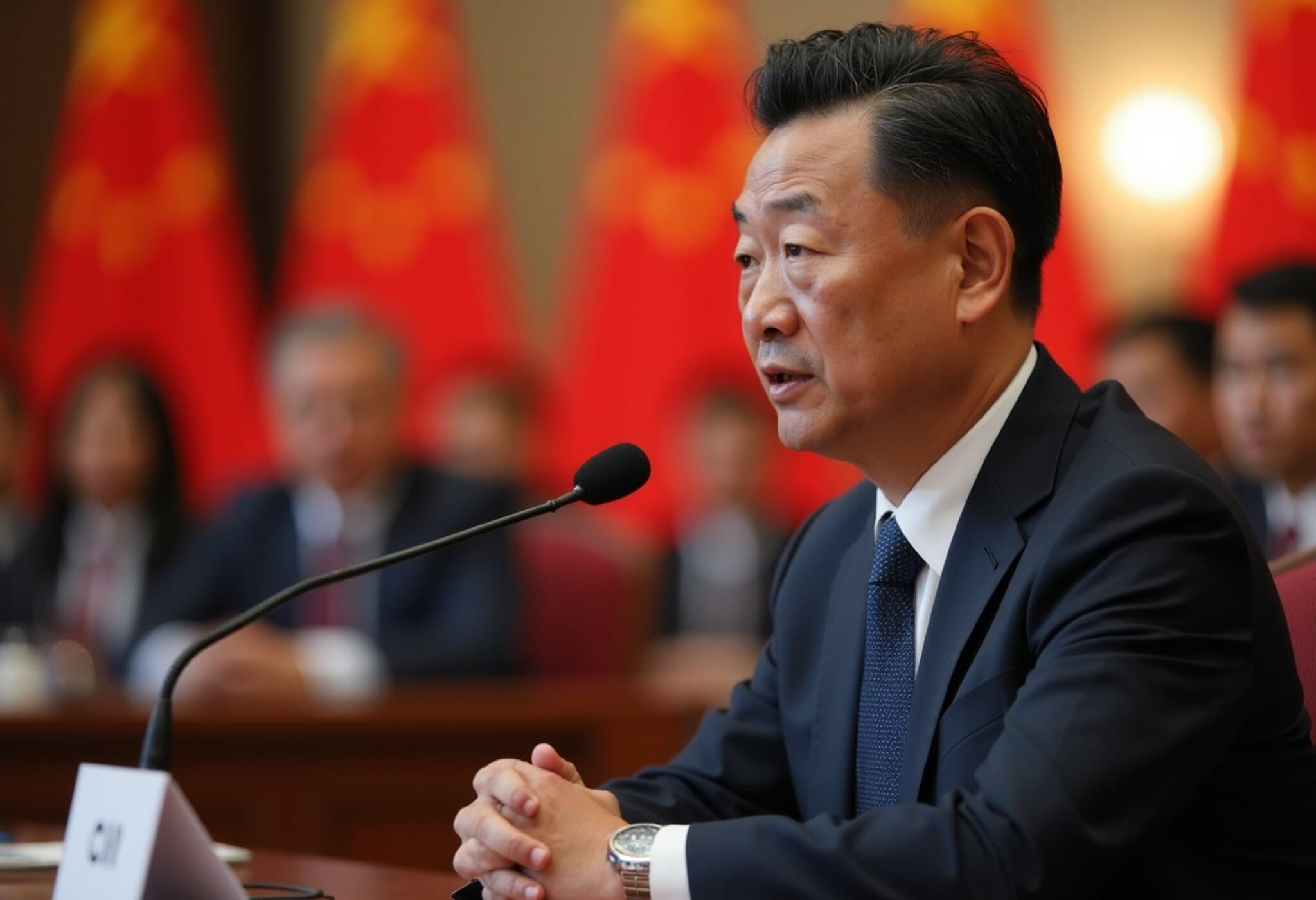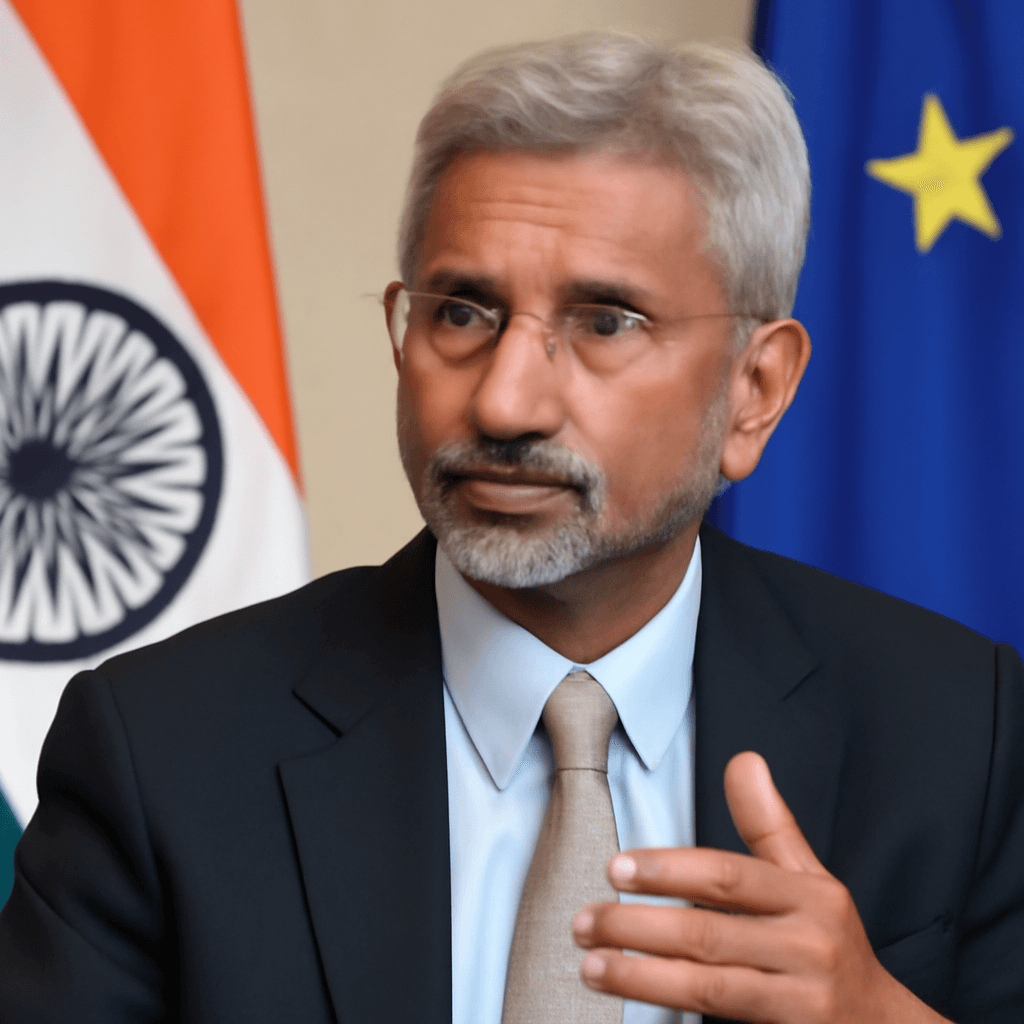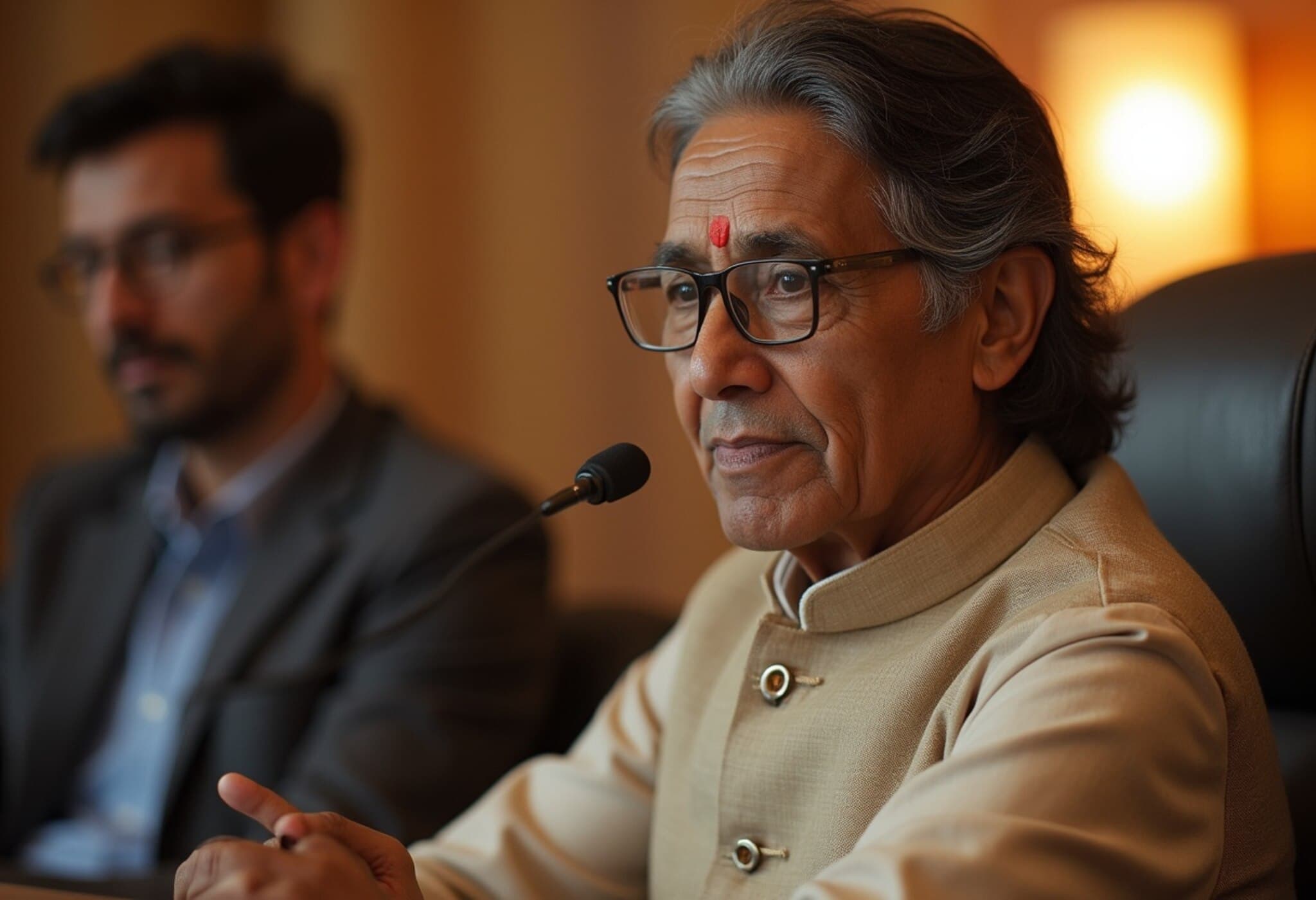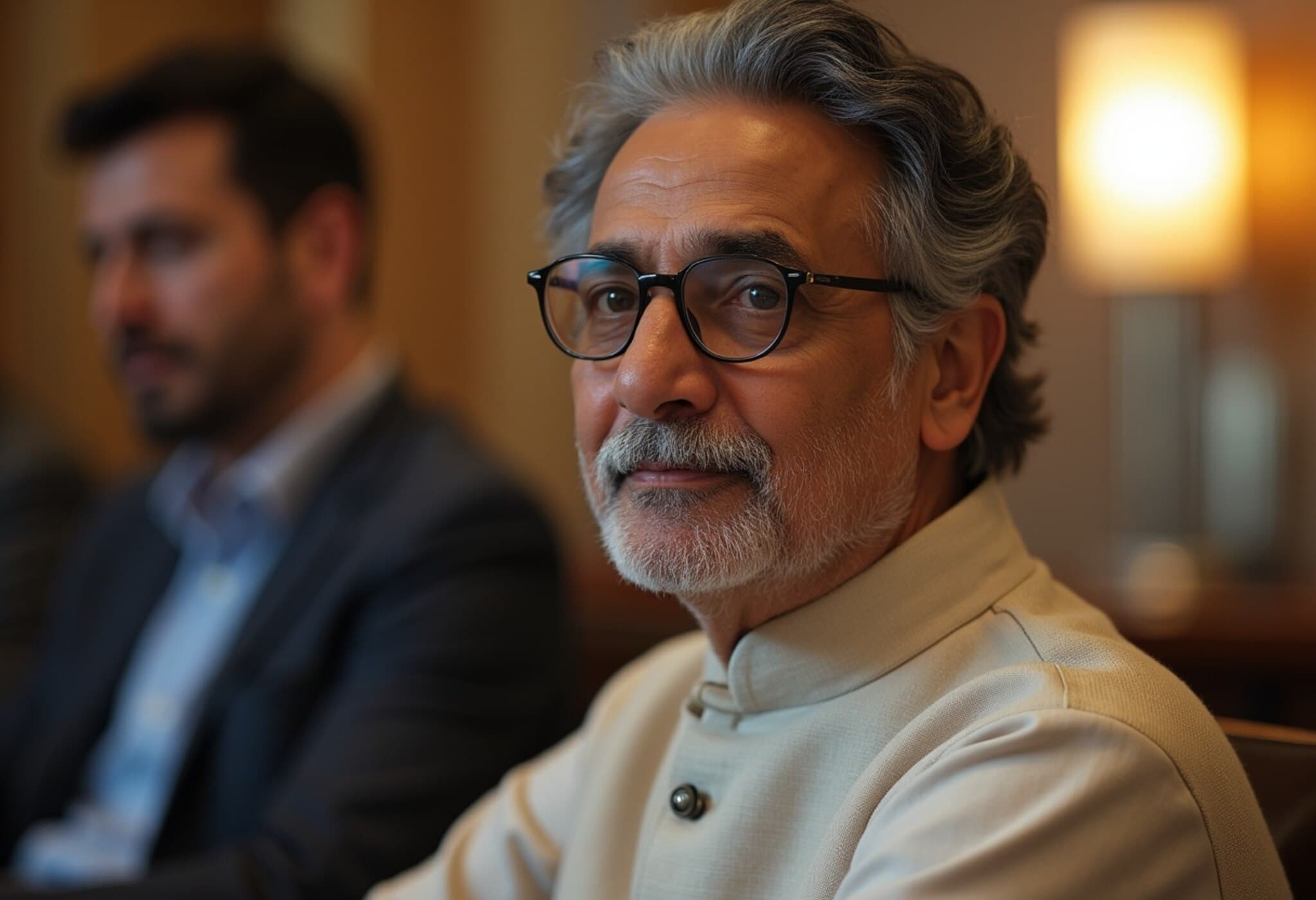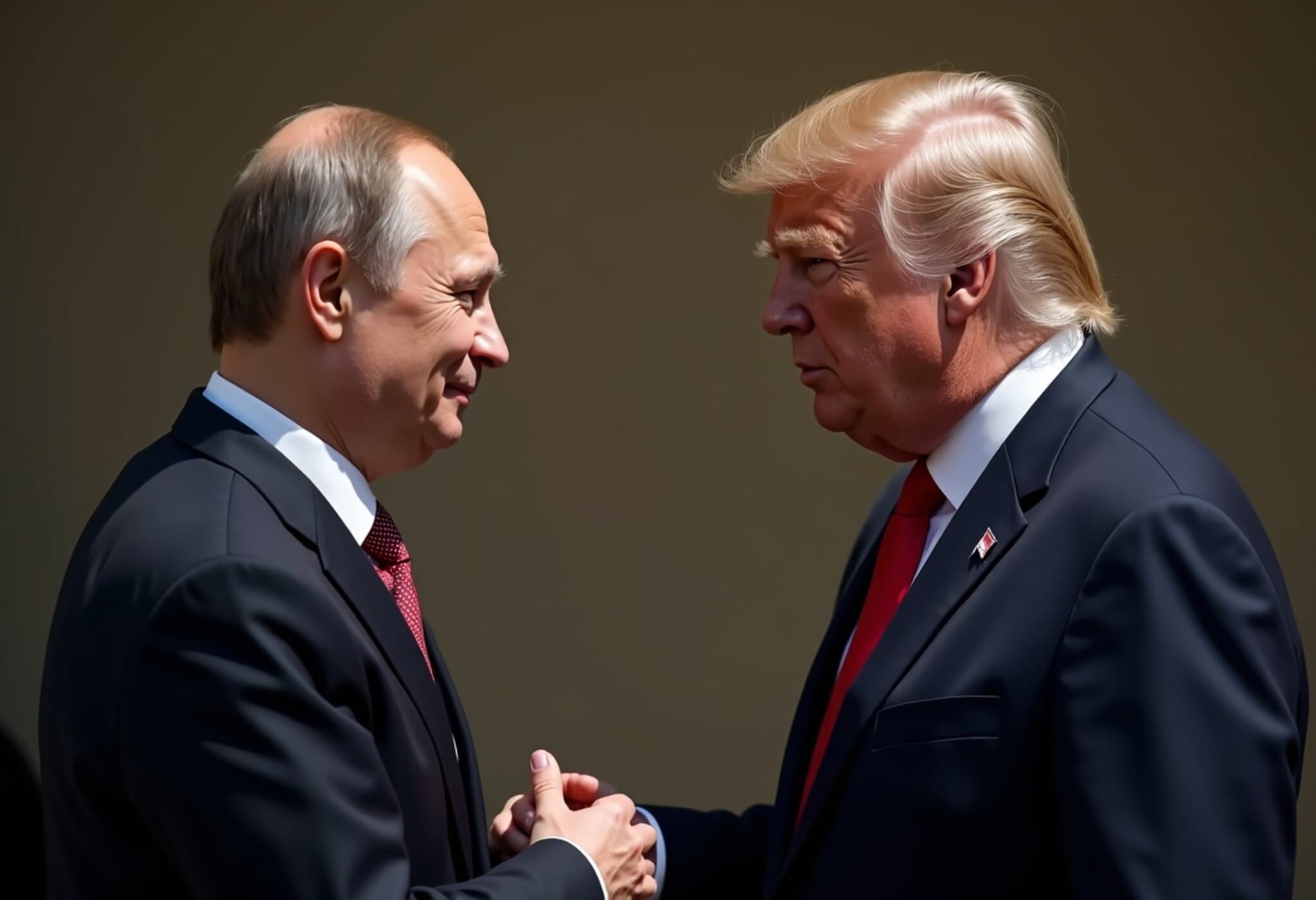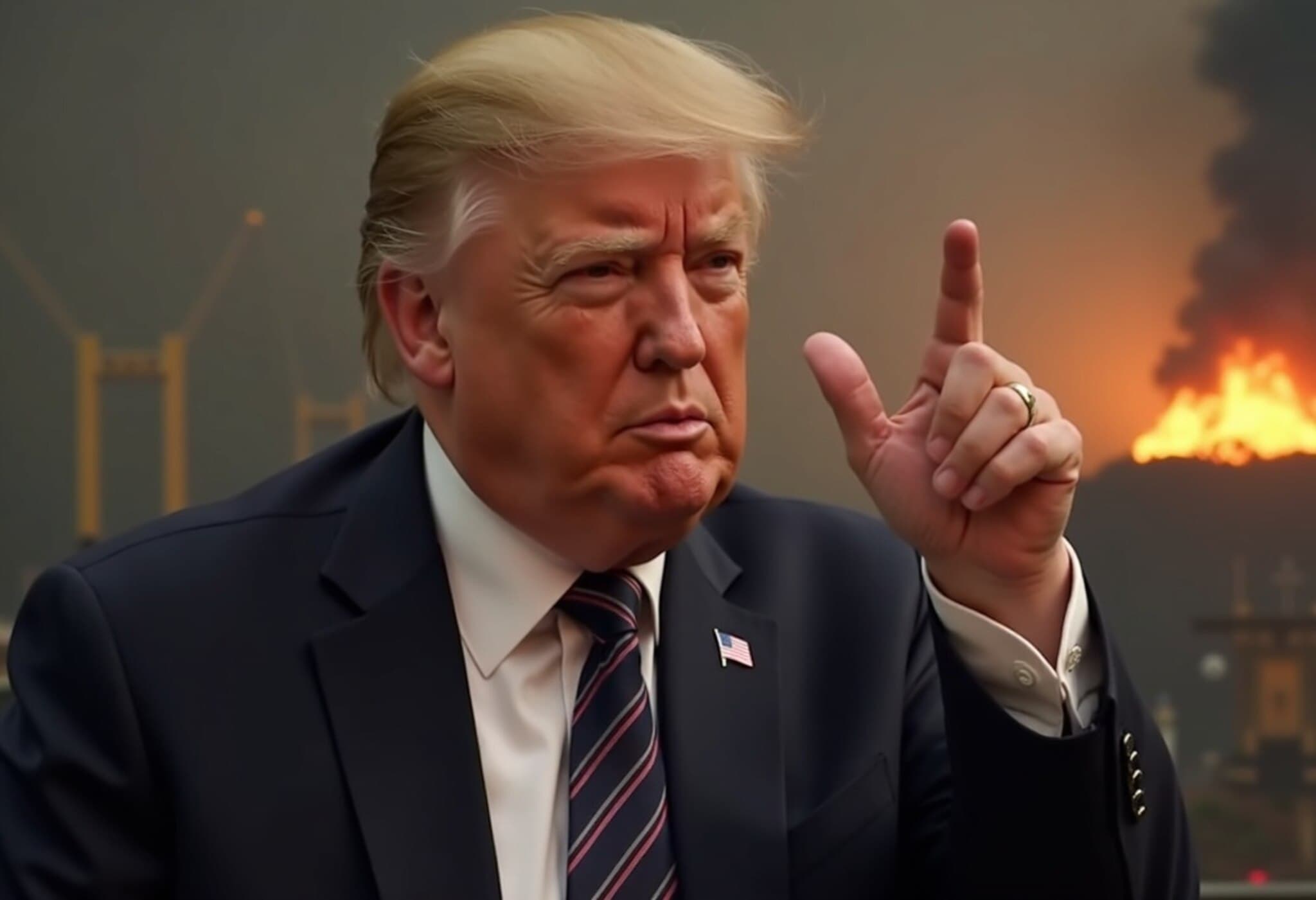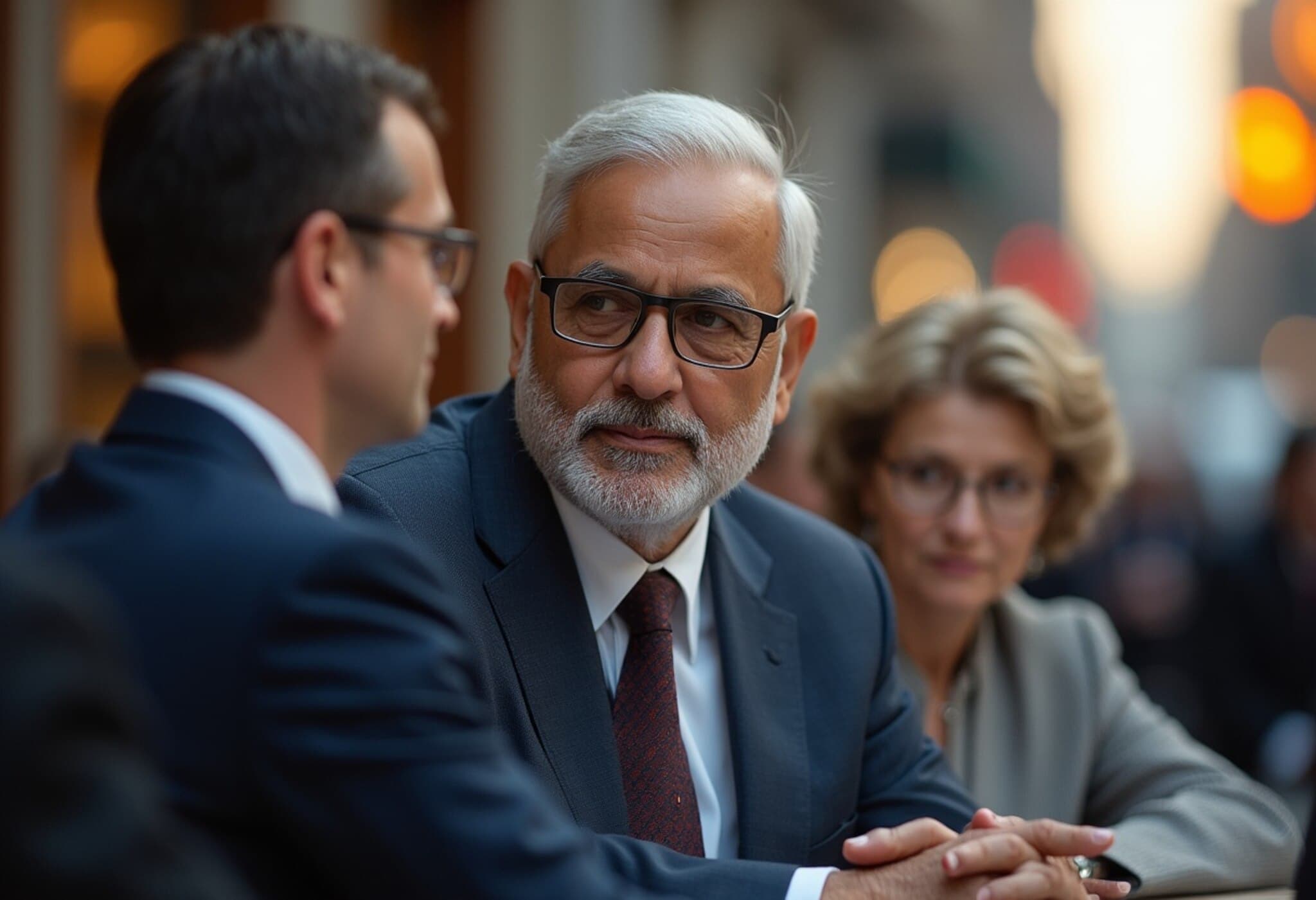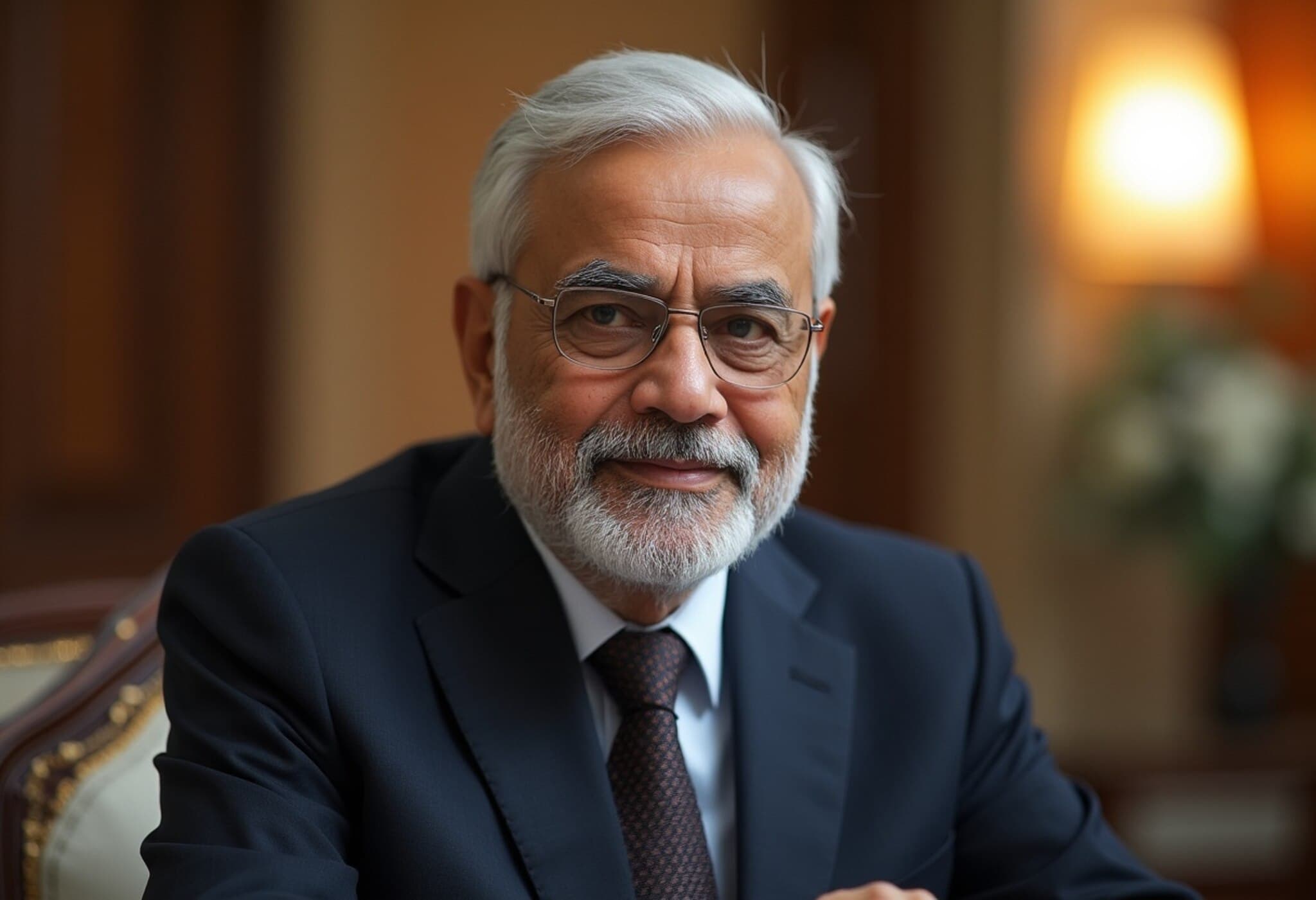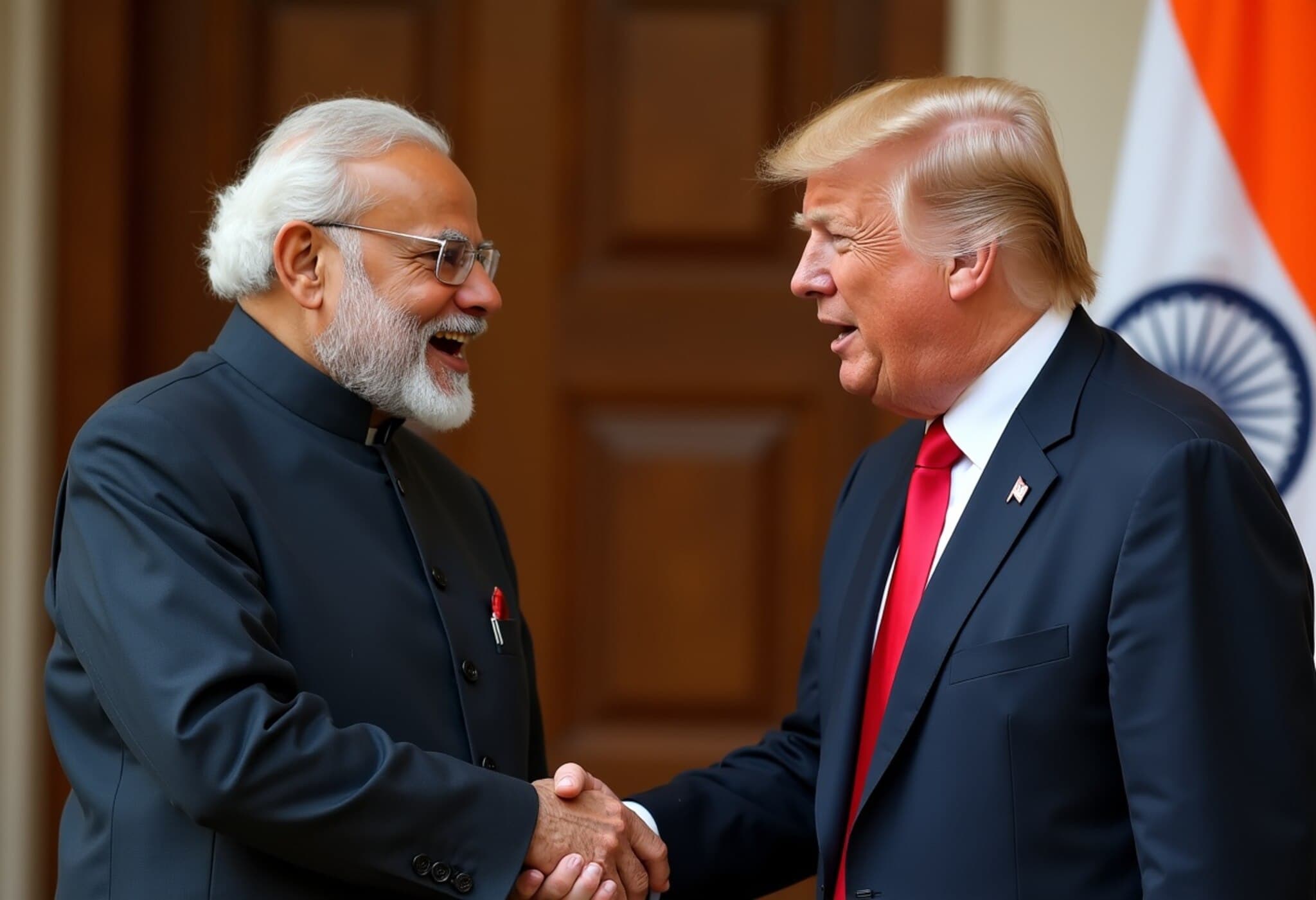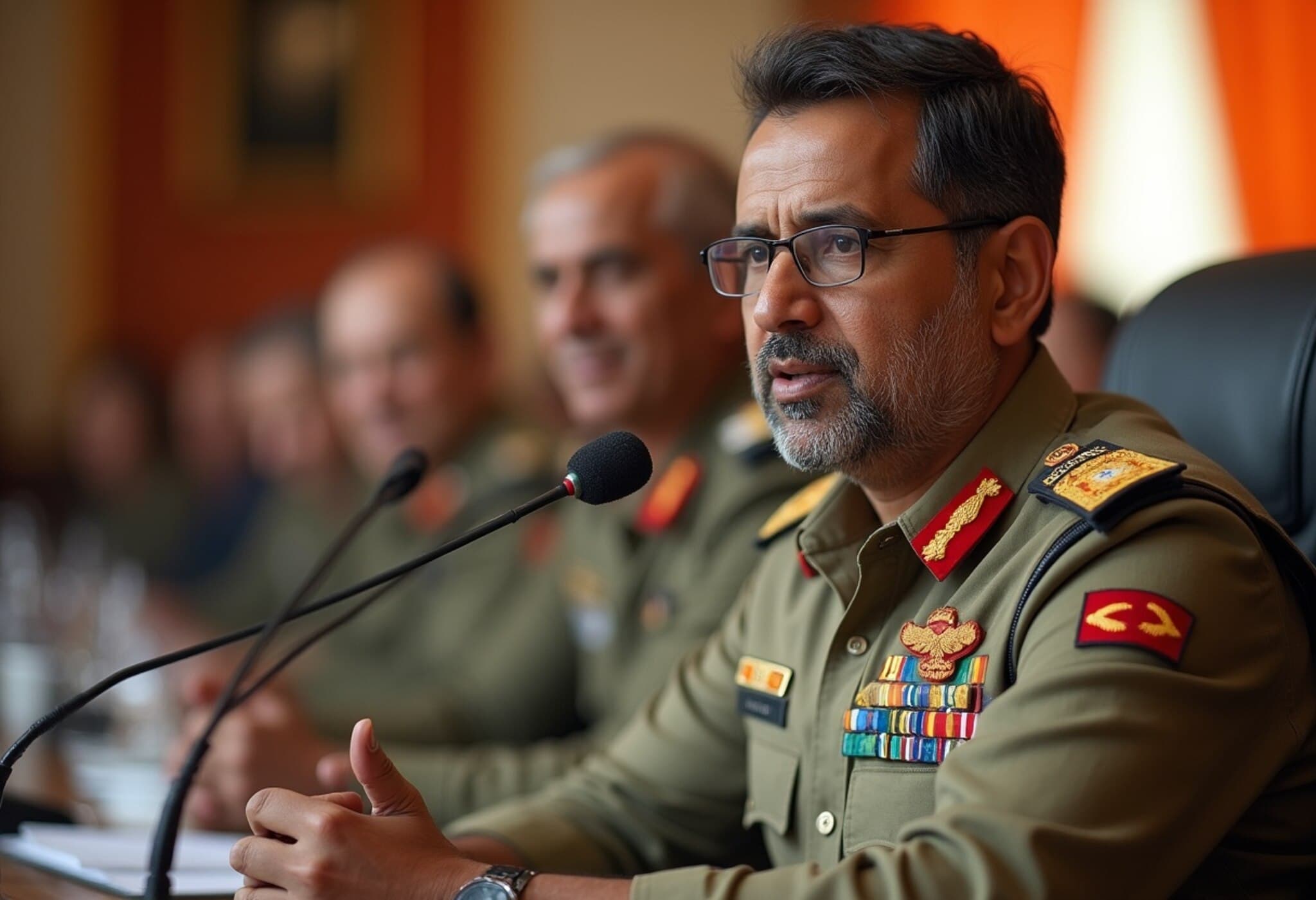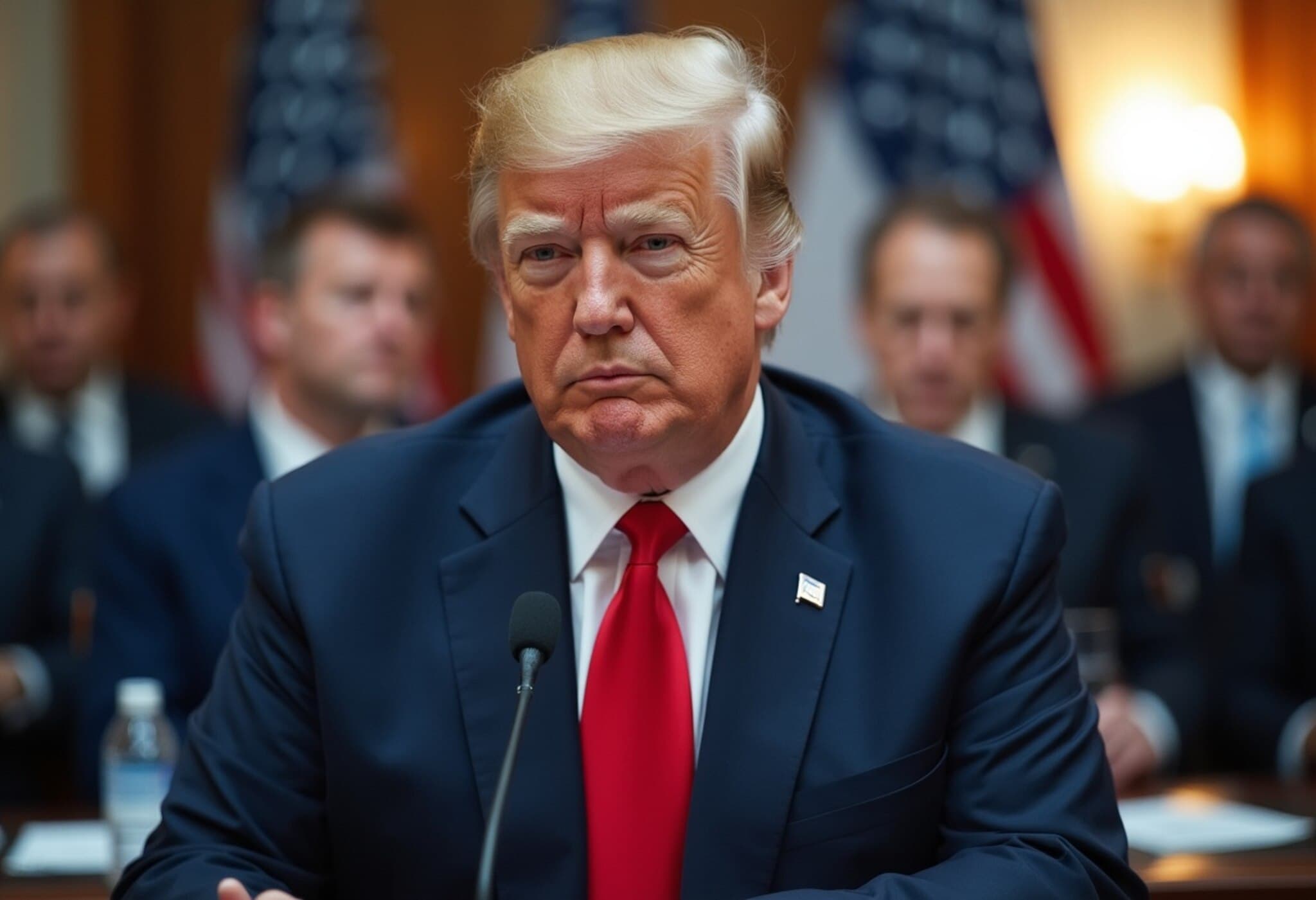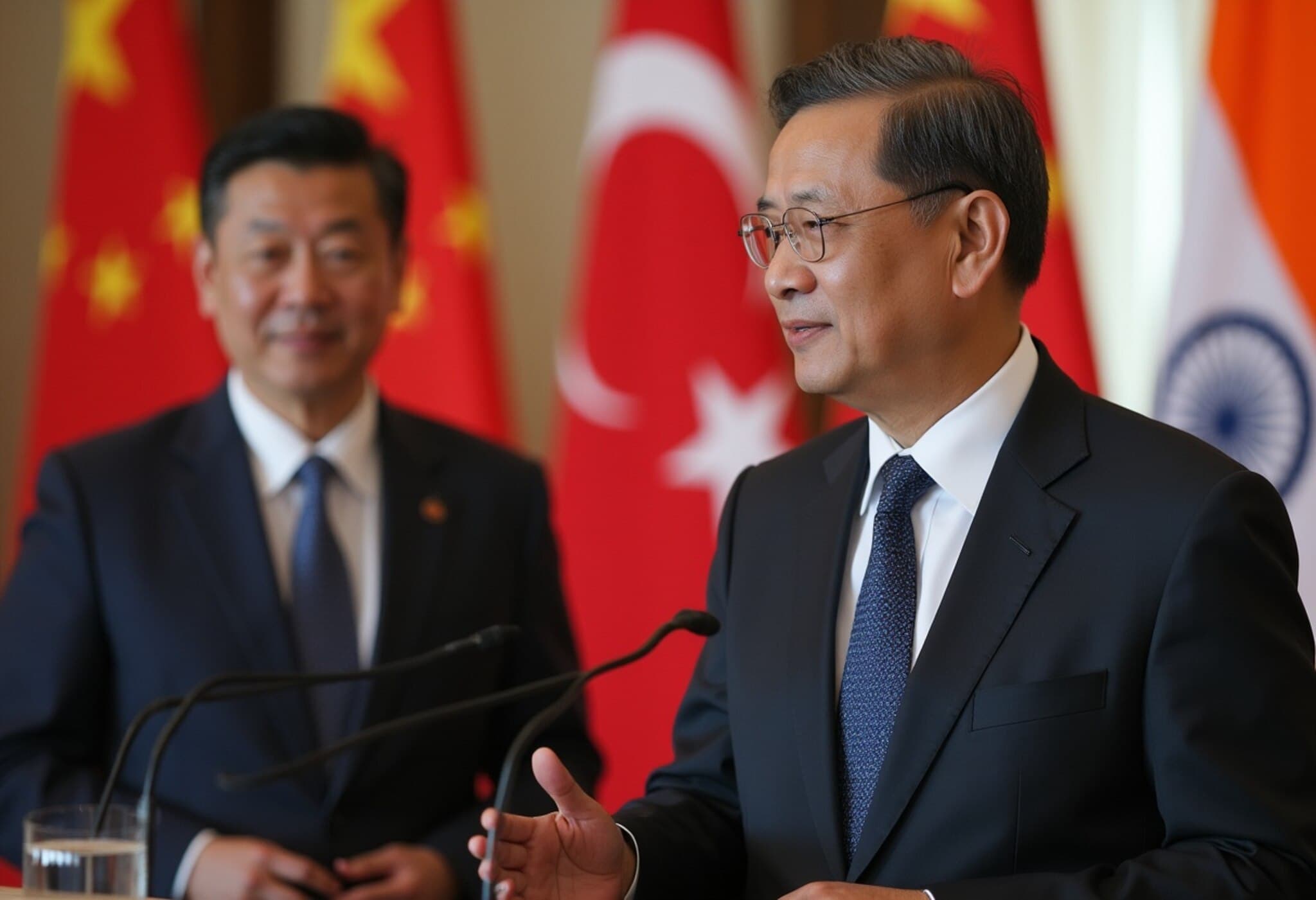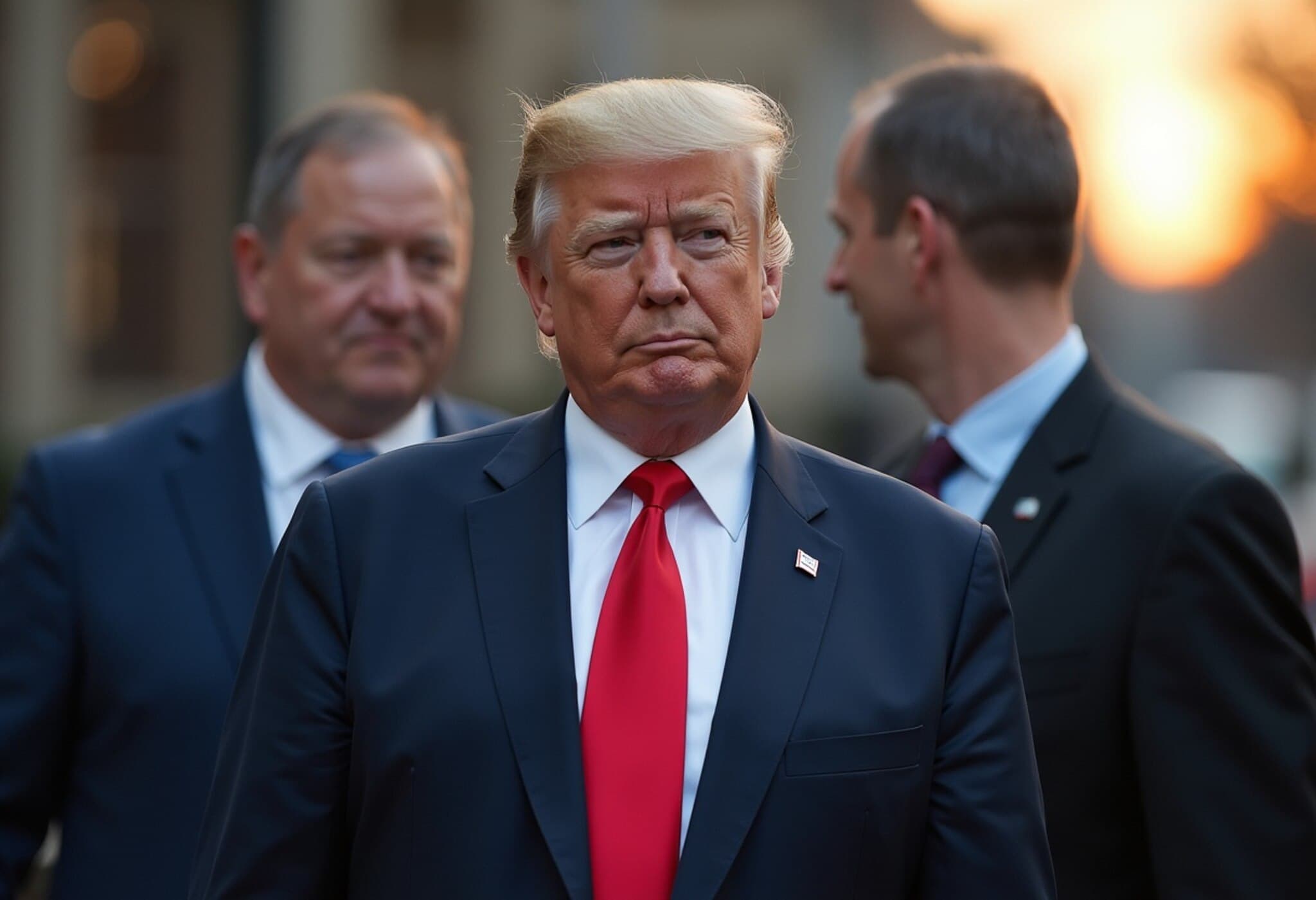India’s Message to the West: Terrorism Beyond Borders
During his recent visit to Brussels, India’s Foreign Minister S. Jaishankar delivered a pointed message to the international community regarding terrorism and its roots. Speaking candidly about the situation in Kashmir and India’s decisive action post the Pahalgam terror attack, Jaishankar emphasized that this is more than just a border dispute between India and Pakistan. Instead, he framed it as a fundamental fight against terrorism.
Asked why figures like Osama bin Laden felt secure in Pakistan, Jaishankar did not hesitate to question Islamabad’s role. "Why did he feel safe for years in a Pakistani military town?" he asked, underscoring the deep links Pakistan allegedly maintains with terrorist elements. His remarks urged the global community to realize that terrorism nurtured in one region can inevitably pose threats everywhere.
India’s Balanced Stance on Russia-Ukraine Conflict
On the sensitive topic of the Russia-Ukraine war, Jaishankar reiterated India’s philosophy that military conflict is not a solution to differences. While India shares strong diplomatic relations with both Russia and Ukraine, the Minister maintained a non-prescriptive, neutral approach, emphasizing peace over confrontation.
He recalled the historical context of Western support for Pakistan during the initial conflicts just after India's independence, underscoring why India approaches these geopolitical dynamics from a unique perspective. "India’s experience with border violations soon after independence was met with Western backing for Pakistan," he said, highlighting a reason for India’s cautious stance today.
Europe's Emerging Strategic Autonomy
Jaishankar welcomed what he described as a new era for Europe, where the continent is increasingly making autonomous decisions based on its interests in a multipolar world. Terms like "strategic autonomy" are now being integrated into European discourse, reflecting a shift towards greater self-reliance and independent global engagement.
This evolving European stance aligns with India's foreign policy approach, which also values multipolarity and diversifying partnerships. "That is precisely why I’m here—to deepen our relationship in this multipolar world," Jaishankar affirmed.
Concerns Over EU’s Carbon Border Tax
Addressing economic ties, the Foreign Minister expressed India's deep reservations about the EU’s Carbon Border Adjustment Mechanism (CBAM), a tax levied on products from regions lacking stringent climate policies. He criticized the approach of imposing one's standards globally without considering the unique circumstances and developmental needs of countries like India.
"The idea that one part of the world sets environmental standards for everyone else is something we oppose robustly," he stressed, reflecting India’s stance in ongoing trade negotiations with the EU.
Growing Ties with the United States
When reflecting on India's relationship with the United States, Jaishankar took a pragmatic approach, distancing the partnership from personalities or changing political leaderships. Rather, he emphasized continuing to build ties that serve India's interests, noting the importance the US holds for New Delhi regardless of administrations.
Positioning India as a Trustworthy Economic Partner
Finally, Jaishankar highlighted India's appeal to European businesses as a stable, reliable alternative to China for supply chains and data security. He mentioned how many European companies are choosing India to "de-risk" their operations, owing to India’s skilled labor force and trustworthy business environment.
"Would you really want critical data and operations handled by actors you don't fully trust?" he rhetorically asked, emphasizing India’s advantage in global economic relations.
In Summary
- Jaishankar frames India-Pakistan conflict as part of a broader global terrorism challenge, citing Pakistan’s harboring of terrorists like Osama bin Laden.
- India maintains neutrality in the Russia-Ukraine conflict, advocating peaceful resolutions without taking sides.
- The EU’s evolving strategic autonomy presents opportunities for deeper India-EU cooperation.
- India strongly opposes the EU's CBAM tax, viewing it as unfair to developing nations.
- India-US ties are strategic and steady, transcending individual political leaders.
- India offers European companies a more secure alternative for supply chains and data sovereignty than China.
Jaishankar’s comprehensive remarks underline India’s nuanced diplomacy, balancing history, global realities, and future aspirations with an emphasis on sovereignty, peace, and partnerships built on trust.

